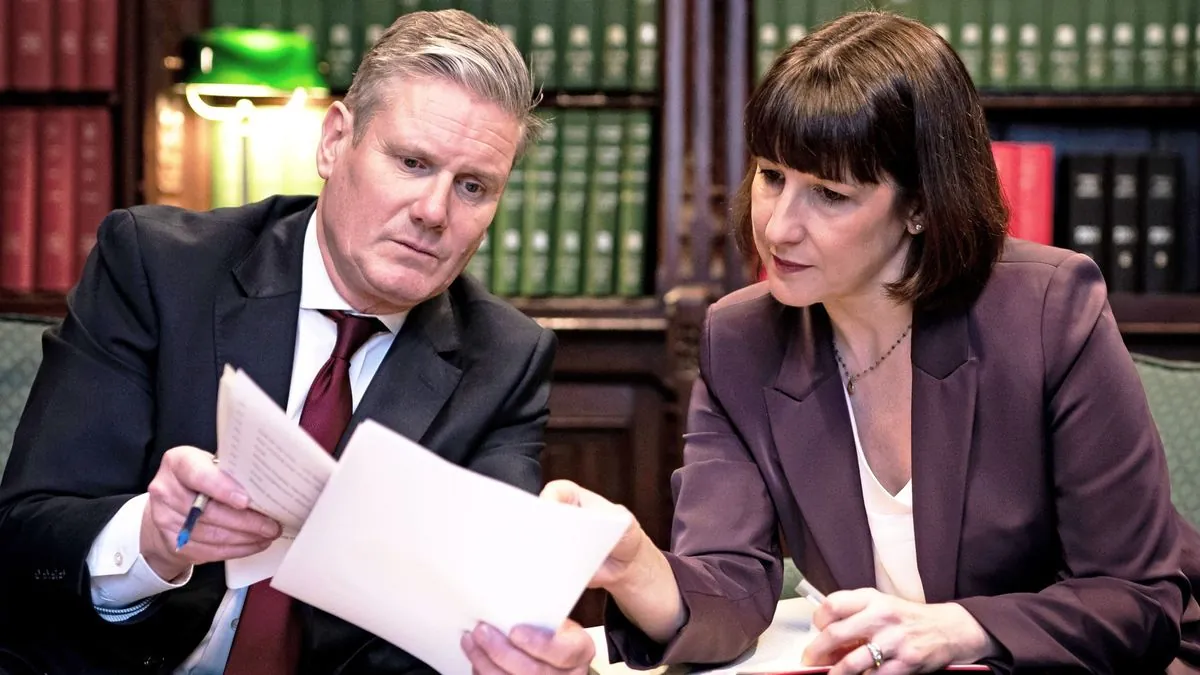Labour's recent policy proposals are encountering significant opposition, with critics warning of potential unintended consequences. The party's plans to modify renter rights are causing concern among property owners, potentially leading to a reduction in available rental properties.
Fears of a capital gains tax increase by Shadow Chancellor Rachel Reeves are prompting some landlords to consider selling their properties before the upcoming Budget on October 30, 2024. This exodus could result in fewer rental options and increased costs for tenants.
HM Revenue and Customs, established in 2005, has cautioned that raising capital gains tax rates to match income tax could potentially cost the country £2 billion. This warning highlights the delicate balance between increasing tax revenue and maintaining economic stability.
The proposed tax on private education is also raising alarms. Critics argue it could negatively impact armed forces families who rely on private schools due to frequent relocations. With approximately 159,000 personnel in the UK armed forces as of 2023, this policy could have far-reaching consequences.
Another contentious issue is the plan to remove winter fuel payments from pensioners with annual incomes as low as £11,500. This decision contradicts Labour's previous stance, where they warned such actions could endanger lives. Introduced in 1997, the winter fuel payment typically ranges from £100 to £300 and has been a crucial support for many elderly individuals.
"Removing winter fuel payments could cost thousands of lives."
Despite these concerns, Labour leadership appears resolute in implementing their proposed changes. Sir Keir Starmer, who became Labour leader in April 2020, and his team seem determined to enforce their vision, regardless of potential negative outcomes.
However, there is speculation that Labour might find ways to mitigate some of these issues. For instance, they could potentially allocate additional funds to support more pensioners with energy bills, possibly using increased tax revenue from recent property sell-offs.
As the Budget approaches, it's clear that Labour must carefully balance political objectives with economic realities. The party, founded in 1900, faces the challenge of implementing change while addressing valid concerns from various sectors of society.
The coming weeks will reveal whether Labour can adapt its policies in response to criticism or if they will maintain their current course, potentially risking political and economic consequences.
